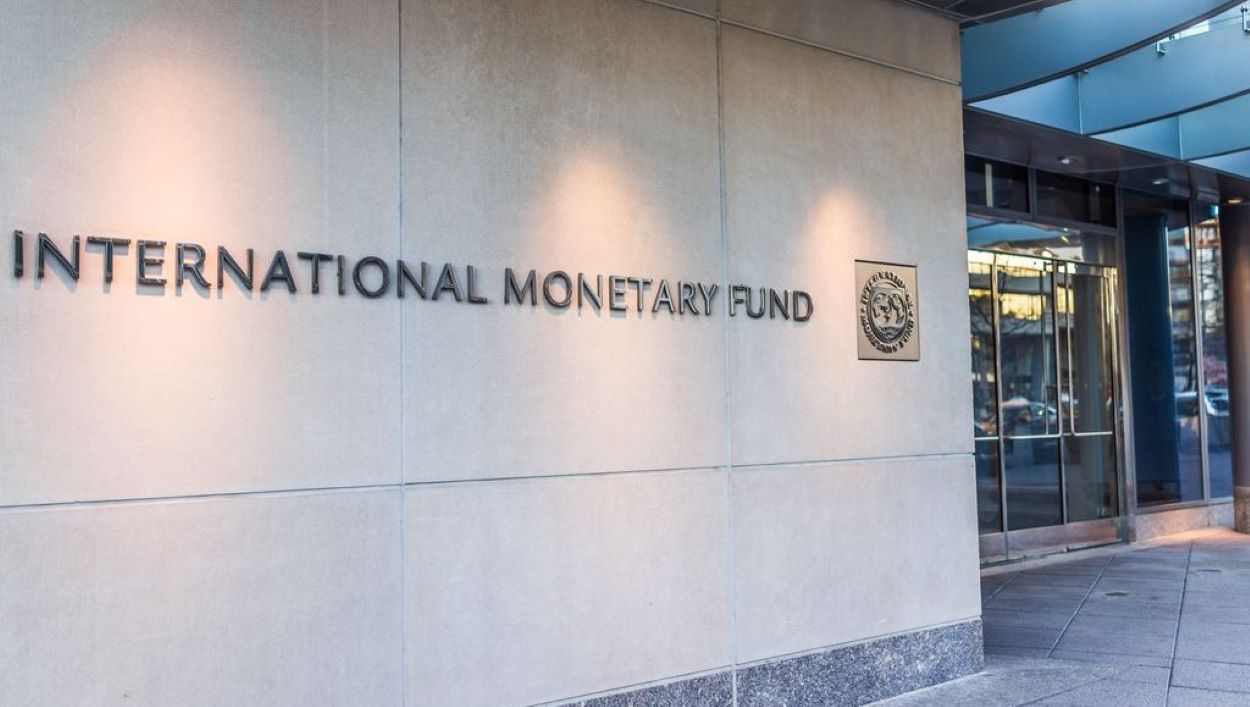Pakistan’s economy is grappling with a notable financing gap of nearly $4.5 billion, coupled with a potential budget overshoot by about Rs 1 trillion due to underestimated debt expenditures. This burgeoning issue is primarily the result of unrealistic projections in the 2023-24 fiscal year’s budget, as per sources from the Ministry of Finance. Numerous discussions have been held recently to find solutions to these challenges. Failure to address these concerns might create complications during the first review of the $3 billion IMF programme scheduled for November this year.
Concerns have escalated as the expected $4.4 billion in foreign loans appear unlikely to be secured, prompting a series of high-level meetings between the Economic Affairs Division and the Finance Division to bridge the financial shortfall. Moreover, there are growing apprehensions that Pakistan may not secure nearly $3 billion in non-Chinese commercial loans due to its low credit rating and the prevailing global high-interest rate environment. Despite these challenges, the finance ministry remains optimistic about securing $1 billion in Chinese commercial financing and about $600 million from various other avenues.
Adjustments and Future Prospects
Given the grim economic outlook, the government is exploring alternative strategies for external financing, such as escalating disbursements from multilateral creditors and funds raised through privatisation. Last month, Interim Finance Minister Dr. Shamshad Akhtar directed a review of the financial plan considering current economic conditions, focusing particularly on projections related to non-Chinese foreign commercial bank loans and sovereign bonds.
Moreover, efforts are underway to negotiate increased disbursements from multilateral and bilateral creditors. Pakistan had earlier forecasted $6.2 billion in inflows from these creditors for this fiscal year but only managed to secure $293 million in July. With the hope that the IMF loan approval would jumpstart further loan disbursements, Pakistan anticipates possible approval of a $350 million loan under the RISE-II initiative from the World Bank in early October.
Concerns Over Underestimated Budget and Debt Servicing
In addition to the financing gap, there is a growing concern over an underestimated budget, particularly regarding debt servicing. Recent assessments indicate that the cost of interest payments might exceed Rs8 trillion, contrary to the initial budget estimate of Rs7.3 trillion. Based on an 18% interest rate assumption instead of a 22% average interest cost, this miscalculation could result in a Rs1 trillion shortfall this fiscal year. Consequently, the anticipated federal budget deficit could escalate to over Rs8.5 trillion, potentially impacting the country’s economic stability in the long run.
These unfolding developments signify a critical juncture for Pakistan’s economy, necessitating swift and effective measures to mitigate potential financial instabilities and secure a robust economic future.






